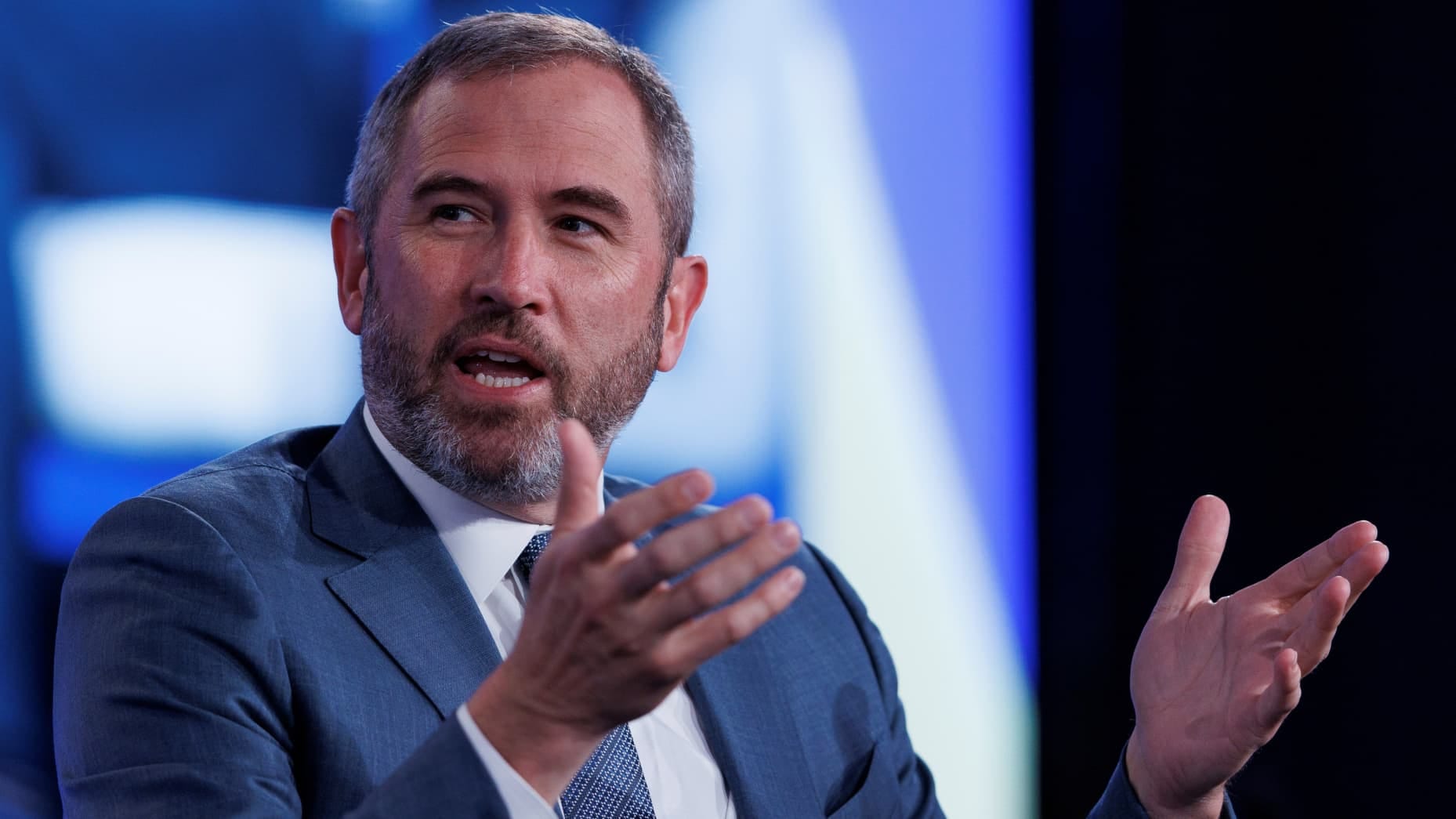Brad Garlinghouse Discusses Crypto's Political Power Play on 60 Minutes

In a segment aired tonight on 60 Minutes, Ripple CEO Brad Garlinghouse delved into the significant influence of the cryptocurrency industry in the recent U.S. election, highlighting how this emerging sector has aggressively engaged with political processes to shape its regulatory environment.
The interview showcased the cryptocurrency industry's robust financial investment in political campaigns, particularly through super PACs, which have become pivotal in swaying election outcomes. Garlinghouse's narrative was not just about Ripple or XRP but served as a broader commentary on the crypto industry's strategy to gain legitimacy and favorable regulation in the United States.
Here’s the full 60 Minutes interview with Brad Garlinghouse, CEO of Ripple #XRP pic.twitter.com/lpHRoYJ5Ix
— DΛVID (@DavidShares) December 9, 2024
The Political Influence of Cryptocurrency
Garlinghouse acknowledged the massive financial backing from crypto companies, including Ripple's own contributions, towards various super PACs that supported both Republican and Democratic candidates. This financial muscle was evident in pivotal races, such as the Ohio Senate race, where crypto-backed ads played a significant role in the victory of Republican Bernie Moreno over Democrat Sherrod Brown, a known critic of cryptocurrencies.
The effect of these contributions was palpable, with Garlinghouse claiming direct impact on the elections of several senators, including Alyssa Slotkin in Michigan and Mark Kelly in Arizona. The industry's successful backing of candidates, regardless of party lines, underscores a strategic approach to ensure that lawmakers are crypto-friendly, thereby influencing potential legislation in their favor.
Garlinghouse's discussion also touched on the broader implications of this political involvement. He argued that rather than "buying" elections, the industry was educating voters about candidates who support technological innovation, particularly in finance. However, this perspective is not without controversy. Critics might argue that such heavy spending by an industry seeking regulatory clarity could be seen as an attempt to sway legislative outcomes directly.
The interview highlighted a significant shift in political stance from Donald Trump, who once labeled Bitcoin as a scam but later embraced the crypto community during his campaign. This shift was particularly marked by his announcement of a new digital coin with a personal financial stake just weeks before the election, potentially posing a conflict of interest but also signaling strong support for the crypto sector.
Garlinghouse also reflected on the regulatory battles his company faced, notably with the SEC, which accused Ripple of selling unregistered securities through its XRP token. This legal battle, costing Ripple over $150 million, underscores the tension between existing financial regulations and new digital assets. Garlinghouse's contention was that the current regulatory framework does not adequately fit the nuances of cryptocurrencies, calling for new, clear rules that would allow the industry to thrive without being pushed offshore where regulation might be less stringent.
The conversation extended to the industry's legislative hopes, mentioning the FIT21 bill, which passed in the House with bipartisan support, aiming to carve out a new regulatory space for digital assets under the CFTC rather than the more stringent SEC. This move could potentially ease the regulatory burden on crypto operations, offering a more market-friendly oversight compared to securities regulation.
However, not everyone in the financial world shares Garlinghouse's enthusiasm. Wall Street giants like Jamie Dimon have expressed skepticism, with Dimon once comparing Bitcoin to a "pet rock." Yet, the irony lies in the fact that even banks, including Dimon's own, have begun to offer crypto-related investment products, acknowledging the financial potential despite their reservations.
As the interview concluded, Garlinghouse emphasized the crypto community's distrust of traditional financial institutions, positioning cryptocurrencies as an alternative financial system. With Ripple committing further funds to political action through Fairshake, the industry shows no signs of slowing down its political engagement, aiming to cement its place in the global financial landscape.
This 60 Minutes feature not only brought to light the deep connections between crypto companies and U.S. politics but also sparked a necessary conversation about how to regulate an industry that's both a technological marvel and a potential regulatory headache. As the crypto market continues to evolve, so too will its dance with the halls of power, shaping not just the future of finance but the very mechanics of American governance.

